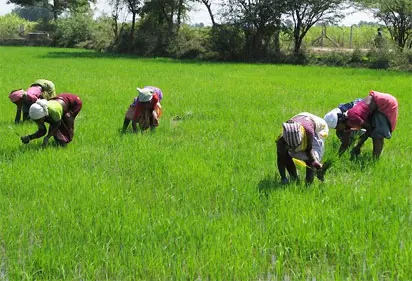The National Horticultural Research Institute (NIHORT) has intensified its efforts to improve food security and agricultural output across Nigeria through a series of targeted workshops aimed at enhancing the production capacity of farmers. The training programmes, which have been rolled out in various parts of the country, are designed to equip local farmers with modern techniques in horticulture, pest control, post-harvest handling, and value addition.
The initiative reflects NIHORT’s continued commitment to empowering rural communities and strengthening Nigeria’s agricultural value chain through research-driven, practical engagement. Farmers who participated in the sessions were exposed to improved farming practices, including the use of disease-resistant seedlings, organic pest management, and climate-smart technologies that can help mitigate the impact of unpredictable weather patterns on crop yields.
According to officials from NIHORT, the workshops are part of the Institute’s broader strategy to reduce post-harvest losses, boost income generation for farmers, and promote food sufficiency across the nation. By enhancing the knowledge and skills of smallholder farmers, the agency hopes to drive more sustainable agricultural practices and improve the overall quality of horticultural produce being supplied to local markets.
Farmers in attendance expressed appreciation for the hands-on training, with many describing it as timely and impactful. They noted that the knowledge gained from the sessions will go a long way in improving productivity and profitability, especially in the face of rising input costs and limited access to traditional extension services.
NIHORT also reaffirmed its readiness to continue partnering with state governments, farmer cooperatives, and private sector stakeholders to extend the reach of its training initiatives and ensure that more farming communities benefit from research-backed agricultural innovations.
As Nigeria continues to grapple with issues surrounding food security and rural development, initiatives like these are being hailed as practical steps toward empowering the nation’s agricultural backbone and reducing dependency on food imports.

